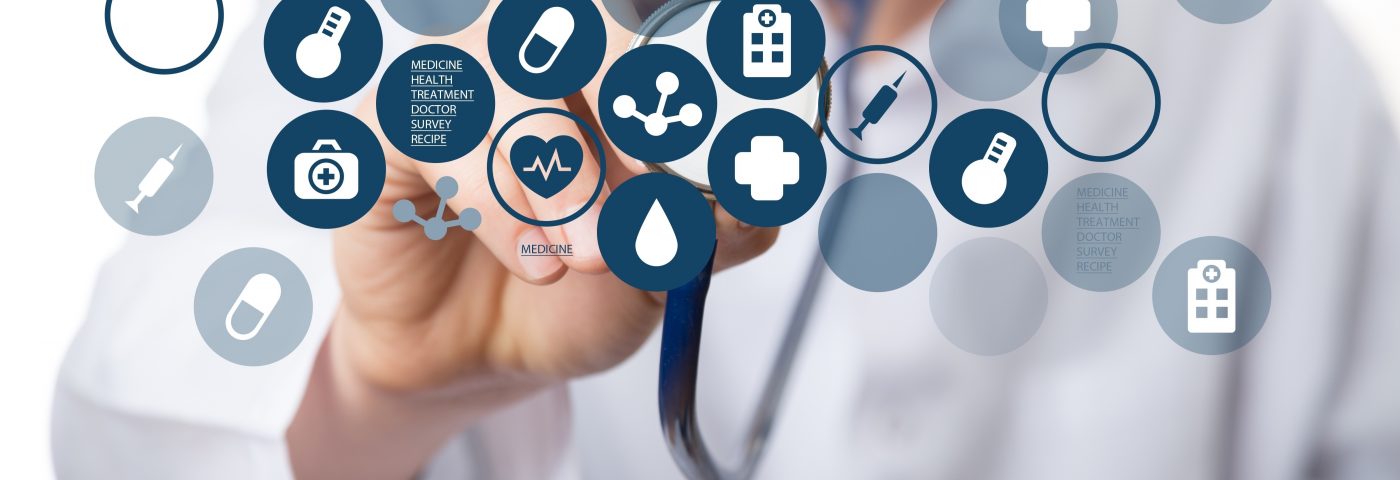Adrenoleukodystrophy (ALD) is a rare genetic disorder affecting around one in 21,000 males in the U.S. Researchers think that one in 16,800 women are carriers (have a copy of the disease-causing mutation). The ALD National Registry compiles information from patients in the U.S. to better understand the disease and work toward developing therapies.
About the ALD National Registry
The ALD National Registry (NCT03789721) is sponsored by the University of Minnesota. It started in 2019 and will run through February 2030. The goal is to recruit up to 1,000 male participants with ALD or female carriers of the disease.
It is an observational and non-therapeutic study, meaning that patients will not receive a specific treatment.
Goals of the ALD National Registry
The main goal of the registry is to collect data so that researchers and physicians can better understand the natural history and progression of ALD. Researchers also hope to use collected specimens to develop specific biomarker tests for ALD, which could help develop future treatments.
Who can participate in the registry?
Any patient who has received a diagnosis of ALD either through testing for very-long-chain fatty acids (VLCFAs) or through genetic testing is eligible to join the registry. Female carriers of the disease also can participate.
What information does the registry contain?
The registry collects the medical history of participants along with several biological specimens, including blood, urine, stool, and buccal swabs (swabs from inside the mouth). It keeps the information and specimens for further analysis to aid in understanding how the disease progresses and possible changes in biomarkers. New data will be collected semi-annually through medical records and self-reported questionnaires.
The information contained in the registry will allow doctors and researchers to better understand the progression of ALD. It also may aid in the development of new treatments.
What about privacy?
Patient information is anonymous and there are no details that could link the information to specific patients. The lists that link patient information and identifying information are separate.
Enrollment
Patients and family members with ALD can learn more about the registry by contacting investigators at the University of Minnesota.
Last updated: Dec. 9, 2020
***
Adrenoleukodystrophy News is strictly a news and information website about the disease. It does not provide medical advice, diagnosis or treatment. This content is not intended to be a substitute for professional medical advice, diagnosis, or treatment. Always seek the advice of your physician or other qualified health provider with any questions you may have regarding a medical condition. Never disregard professional medical advice or delay in seeking it because of something you have read on this website.


